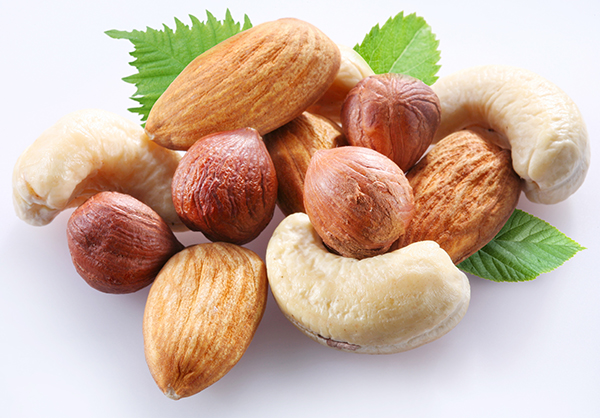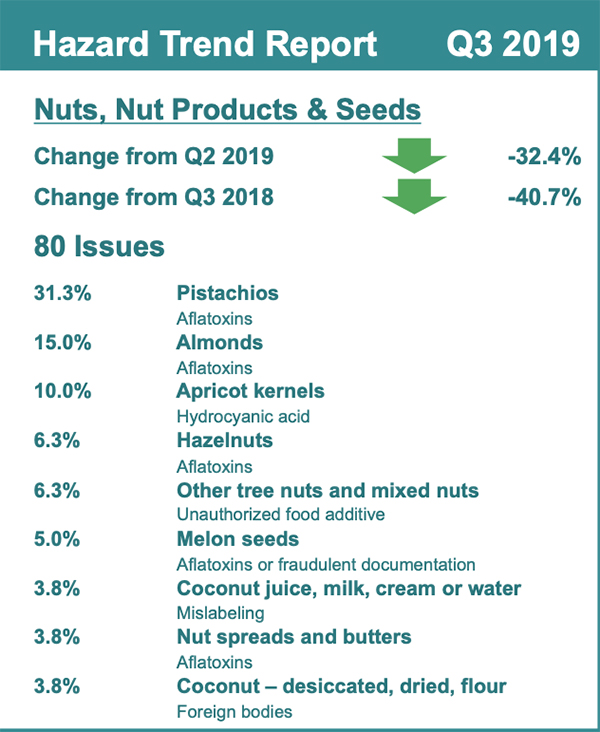Leading up to Halloween, sweets, including cookies, gelato and dipping caramel, were among the foods recalled due to undeclared allergens.
On October 27, Daiso California issued an allergy alert for its Tiramisu Twist Cookies due to undeclared almonds and hazelnuts, and Whole Foods Market recalled Dipping Caramel from five stores in Colorado, Kansas and Nebraska because the product may contain wheat, which is not declared on the product label.
Daiso’s Tiramisu Twist Cookies were sold in Daiso stores in California, Washington, Nevada, Texas, New York and New Jersey. The cookies are packaged in a gold bag with a large image of two cookies on the package and are sold in 3.4oz (96g) packages. According to the FDA alert, there has been one reported case of allergic reaction to this product.
The affected products in the Whole Foods recall was sold at the following Whole Foods Market stores:
- 10020 Regency Circle, Regency-Omaha, NE
- 340 Reed Street, Basalt, CO
- 1250 South Hover Road, Suite 300, Longmont, CO
- 14615 W. 119th Street, Olathe, KS
- 9366 S. Colorado Blvd Ste B, Highlands Ranch, CO
The products, “Dipping Caramel by the Pound,” were available in the bakery department with a product code of 34888, sell by dates of October 25 – November 15, 2022, and were available for purchase from October 4 – October 25, 2022. The mislabeling issue was discovered by a store employee.
One day prior, on October 26, Zingerman’s Creamery of Ann Arbor, Michigan, recalled 173 pints of Paw Paw Gelato, 50 quarts of Paw Paw Gelato, 58 pints of Harvest Pumpkin Gelato and 10 quarts of its Harvest Pumpkin Gelato because they may contain undeclared egg allergen.
Per the recall notice, Paw Paw and Harvest Pumpkin Gelato was distributed in Ann Arbor and Chelsea, Michigan through Zingerman’s Creamery, Zingerman’s Deli, zingermans.com, Argus Farm Stop (Packard) and Agricole Farm Stop.
The lots that are recalled are: Paw Paw (220916, 220928, 221005, 221012, 221018) Harvest Pumpkin (220909, 220919, 220928). No illnesses have been reported to date.











